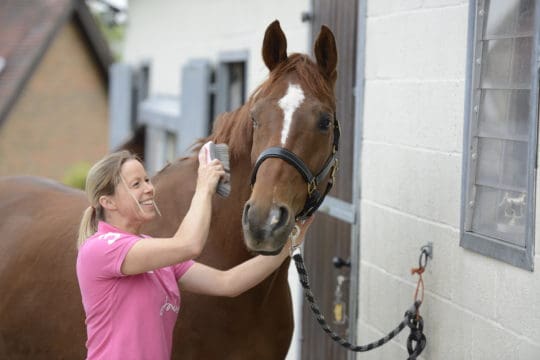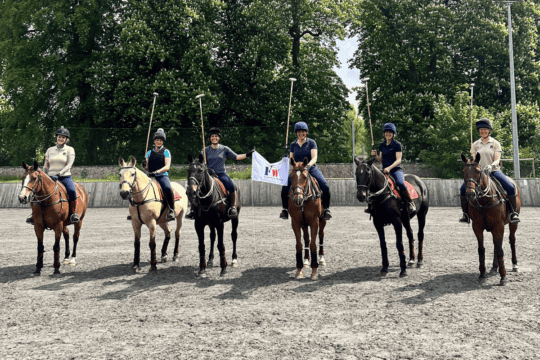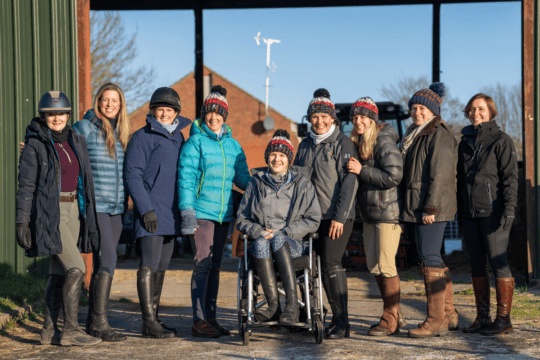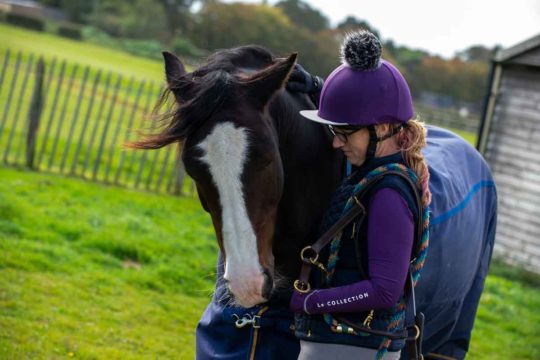
Most Read Articles
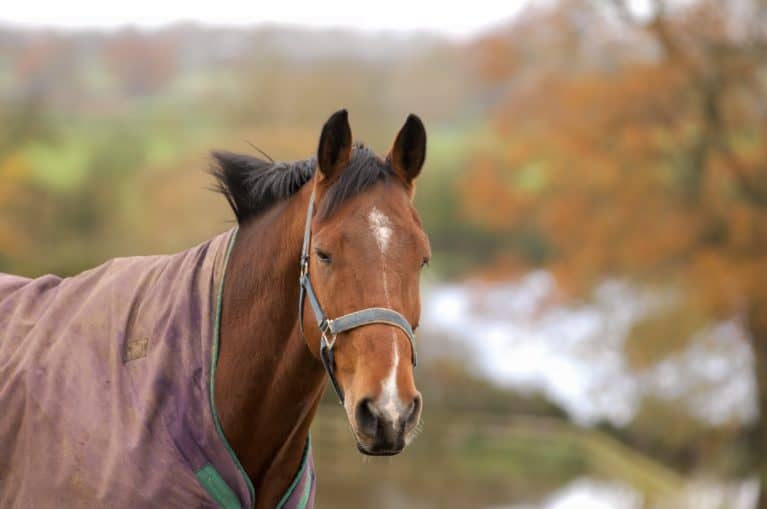
Nottingham Trent University has conducted a study into the sleep patterns of horses and whether they could provide early warnings of ill health
In a fascinating study at Nottingham Trent University (NTU), researchers hope to find out whether they can identify patterns of rest for horses – as well as the reasons for that rest, such as temperature, age, temperament and exercise – by monitoring their night-time sleep. Researchers believe that if they can find the normal rest pattern for a particular horse, then owners will be better able to spot a deviation from the norm that could be an early warning of something going wrong.
Horses experience slow wave sleep (SWS) and rapid eye movement (REM) sleep. They can only sleep standing up during the SWS phase of the sleep cycle – this means that to achieve REM sleep, they must lie down. Evidence supports the theory that horses unable to achieve REM sleep can suffer from sleep deprivation. This could be a result of injury or illness making lying down to sleep too painful, or stress. Due to the fact most owners are unable to monitor their horses’ overnight rest patterns, these changes often go unnoticed.
The study involves analysis of videos displaying healthy riding school horses’ night-time behaviour and recording details of each horse. Accelerometers are also used to automatically record movement and remotely monitor the horses overnight.
Kym Griffin, a PhD equine researcher in the NTU School of Animal, Rural and Environmental Sciences, said: “We’re hoping that over multiple nights we can identify rest patterns unique to individual horses and what might be influencing that pattern.
“Horses don’t need as much sleep as humans – typically only three to five hours a night, with about 30 minutes of REM sleep. But that REM sleep is very important for their physical and mental welfare, so it’s important to ensure they’re getting it every night. If they’re not getting the sleep they need, there could be a reason for that and it could be an early sign that something isn’t right.
“The challenge is that, much like humans, there’s a lot of variation in how much time an individual needs to rest each night. Rest patterns can be influenced by a range of factors, so we need to investigate these to enable us to better understand each animal’s normal sleeping pattern. We’ll also be collecting data on racehorses as part of this work, because what’s normal for one group might not be for another.”
For more information, visit ntu.ac.uk

